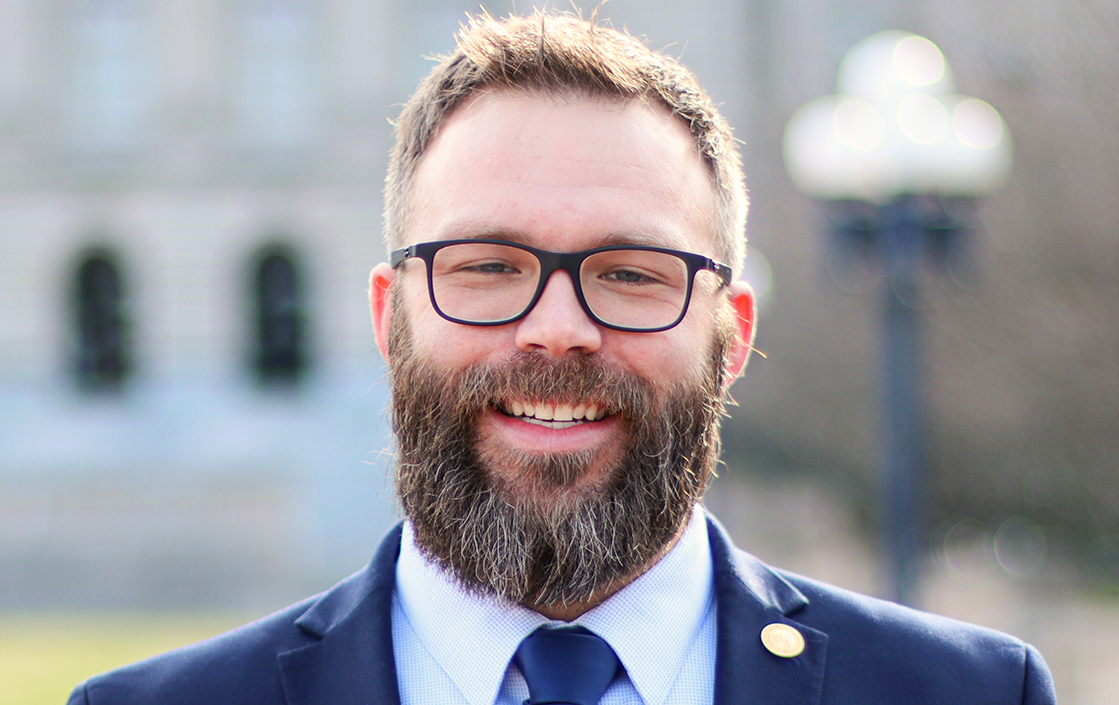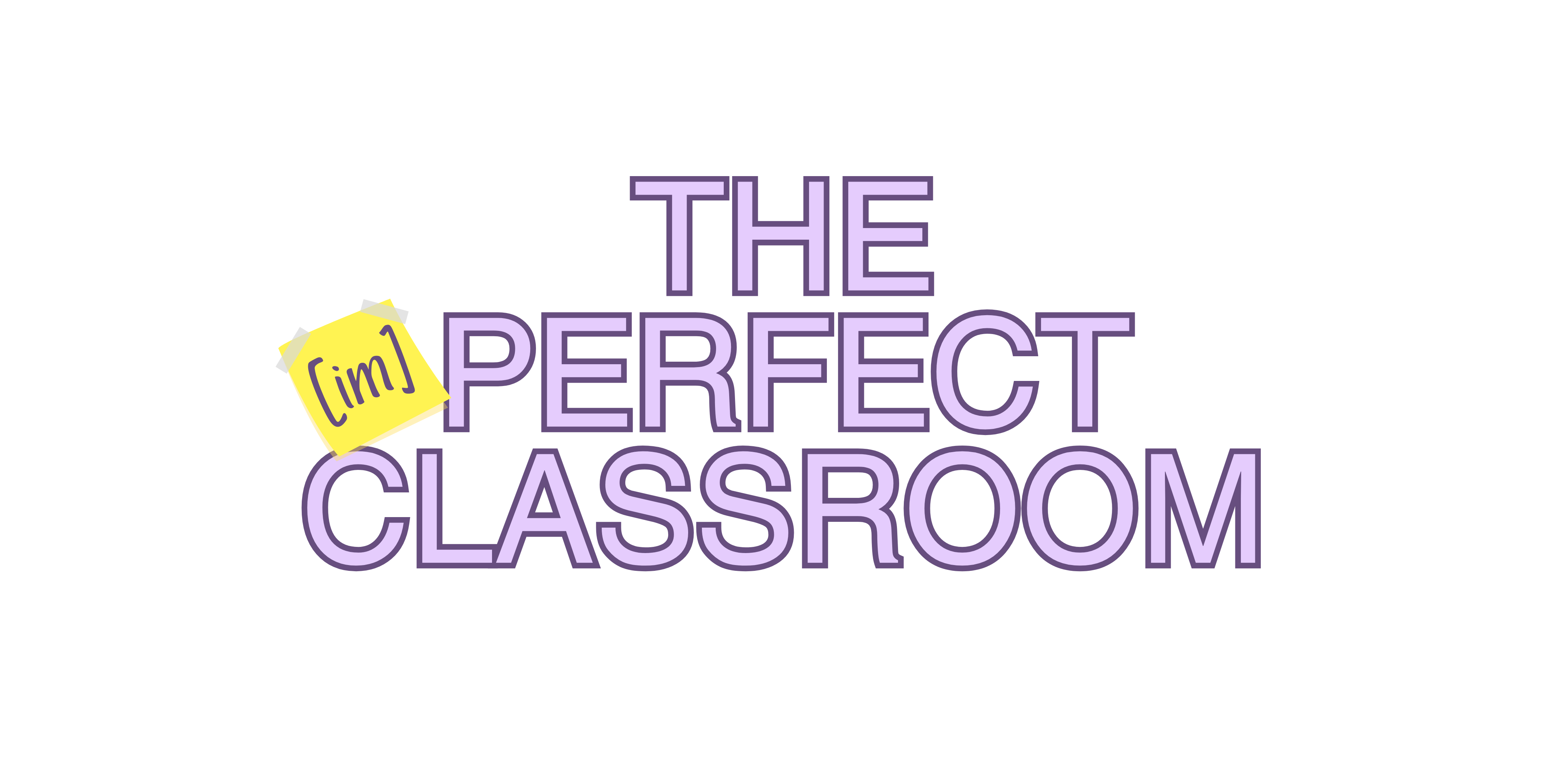A minute per question. That’s the time I was given to answer 120 multiple-choice questions on my Praxis test this morning.
This spring, I’ll be graduating with my Rank I in Library Media Education, and the Praxis test is just one part of the certification process. A minute per question is actually more time than my juniors have for each passage on the ACT Reading test, and as I frantically bubbled my Praxis answer sheet, I suddenly felt very close to my students.
Part of that closeness came from my frustration. Two years of my life were suddenly reduced to 120 multiple-choice questions. The evidence of my Rank I coursework and its effects on my instruction couldn’t be found in the pages of that test booklet. Sure, I could rattle off Dewey classes, taxonomies and tips for creating a library budget, but where were the blogs that my Rank I classes helped me create with my English III students? Where were my students’ persuasive digital stories or their annotated bibliographies?
The ways I’ve grown as a teacher, the ways my Rank I education helped my students — none of it was there. The lasting results of my coursework all existed outside of what a standardized test could capture. But the clock was ticking, so I kept bubbling.
I imagine this is how my students feel. The benchmarks, the common assessments, the end of course assessments, the PLAN, the ACT —my students, and yours, are doing a lot of bubbling these days. These assessments all provide educators with important data that can be used to drive our instruction. We can use our students’ standardized test scores to look for skill sets that need to be revisited or refined. We can use our students’ standardized test scores to help our students recognize their own strengths and weaknesses and to set goals for themselves. We can use our students’ standardized test scores to narrow our unit objectives and for differentiated learning opportunities. But what we cannot do is believe that true learning is measured only with a bubble sheet.
Hopefully, my Praxis score from this morning will be enough to help me earn my Rank I certification. That is, after all, what standardized tests can do for us — help us set goals and reach them. But it’s when we use our learning in real, meaningful ways that our goals are often exceeded. Our students’ successes remind us that the work we do in our classrooms is more than just fodder for test items. We’ll keep bubbling, but we’ll also keep growing, and for that, there is no answer sheet.
Kimberly Shearer, an English teacher at Boone County High School, was named the 2012 Teacher of the Year on Oct. 18, 2011. During her year-long reign, Shearer is writing a monthly column for Kentucky Teacher that chronicles her experiences as a classroom teacher and as Kentucky Teacher of the Year. The column runs the second Thursday of each month.





Congratulations on your upcoming Rank 1 in Library Media! And thanks for sharing how you used some of your new knowledge with your current students. Library media specialists are certainly at the forefront of digital learning and information access and evaluation. Best wishes to you as you continue your excellent teaching practice in a Kentucky library media center sometime soon!